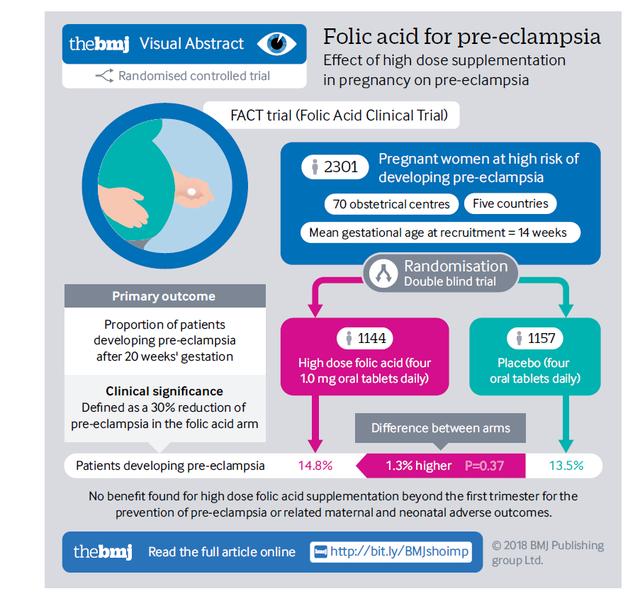— In China, a staggering 78.4% of individuals have disorders related to MTHFR folate metabolism;
— Globally, the incidence of hypertension during pregnancy ranges from 5% to 10%, ranking as the second leading cause of maternal mortality;
— Does MTHFR have a connection with pregnancy-induced hypertension?
MTHFR, or methylenetetrahydrofolate reductase, is a crucial enzyme in the metabolism of folate, tasked with converting 5,10-methylenetetrahydrofolate into 6S-5-methyltetrahydrofolate, a form readily absorbed by the human body. In China, a significant portion of the population—78.4%—struggles with MTHFR folate metabolism disorders.
Pregnancy-induced hypertension encompasses a spectrum of conditions where hypertension coexists with pregnancy, including pre-existing hypertension or hypertension detected before the 20th week of gestation, as well as hypertension that arises after the 20th week. This condition is influenced by a multitude of factors, such as age and genetic predispositions, and it can lead to severe complications like placental abruption, disseminated intravascular coagulation, fetal growth restriction, and stillbirth. In Western countries, the prevalence of pregnancy-induced hypertension hovers around 6% to 10%, while in China, it sits between 5.22% and 5.57%, posing a significant threat to both maternal and fetal health.
The Connection Between MTHFR and Pregnancy-Induced Hypertension
A meta-analysis published in 2004 shed light on the relationship between MTHFR and pregnancy-induced hypertension. Researchers employed a random effects model to synthesize data comparing the C677T MTHFR polymorphism between women with pregnancy-induced hypertension and those with normal blood pressure, conducting sensitivity analysis and bias diagnostics. The findings indicated a significant correlation between the C677T polymorphism of the MTHFR gene and the risk of developing pregnancy-induced hypertension.

The analysis encompassed 23 studies, involving 3169 women with pregnancy-induced hypertension and 3044 women with normal blood pressure, spanning multiple countries including the United States, the United Kingdom, and Italy.

The results revealed:
Women carrying the T allele (TT or CT) faced a 1.21 times higher risk of developing pregnancy-induced hypertension (95% confidence interval, 1.01-1.44);

Further analysis indicated that among patients with a diastolic pressure exceeding 110 mmHg, the T allele was associated with an even higher risk (odds ratio of 1.41; 95% confidence interval, 1.03-1.73);

This study underscored the link between the MTHFR gene and pregnancy-induced hypertension, suggesting that pregnant women with the T allele may be at a higher risk. It is therefore recommended that these women closely monitor their blood pressure and adjust their diet to increase the intake of folate and other nutrients to mitigate the risk of developing the condition.
Tips: For individuals with MTHFR folate metabolism issues, 6S-5-Methyltetrahydrofolate is a superior source of folate supplementation because it is directly absorbed by the human body without being constrained by the folate metabolism gene.
This is especially true for Magnafolate, a form of Naturalization folate that avoids the use of harmful raw materials such as formaldehyde and p-toluene sulfonic acid, and strictly regulates the levels of harmful impurities like JK12A and 5-methyltetrahydrofolic acid.
Consequently, Magnafolate achieves a practically non-toxic level, can rapidly increase serum and red blood cell folate levels, and is a more suitable source of active folate for the health of mothers and infants.

References
1. Yang B, Liu Y, Li Y, Fan S, Zhi X, et al. Geographical Distribution of MTHFR C677T, A1298C and MTRR A66G Gene Polymorphisms in China: Findings from 15357 Adults of Han Nationality. PLoS ONE. 2013;8(3):e57917. doi:10.1371/journal.pone.0057917.
2. Chinese Medical Association Cardiovascular Disease Branch Women's Heart Health Study Group, & Chinese Medical Association Cardiovascular Disease Branch Hypertension Study Group. (2020). Expert Consensus on Blood Pressure Management in Hypertensive Disorders of Pregnancy (2019). Chinese Journal of Cardiovascular Diseases, 48(3).
3. Kosmas, I. P., Tatsioni, A. T., & Ioannidis, J. P. A. Association of C677T polymorphism in the methylenetetrahydrofolate reductase gene with hypertension in pregnancy and pre-eclampsia: a meta-analysis. Journal of Hypertension, 2004;22(9):1655–1662. https://doi.org/10.1097/00004872-200409000-00004.
4. Lian Zengli, Liu Kang, Gu Jinhua, Cheng Yongzhi, et al. Biological characteristics and applications of folate and 5-methyltetrahydrofolate. Food Additives in China, 2022 Issue 2.
5. Lamers Y, Prinz-Langenohl R, Braumswig S, Pietrzik K. Red blood cell folate concentrations increase more after supplementation with L-5-methyltetrahydrofolate calcium than with folic acid in women of childbearing age. Am J Clin Nutr. 2006;84:156-161.
#L-Methylfolate#5-MTHF#folate# L-5-methyltetrahydrofolate calcium#SSW#Magnafolate#151533-22-1#active folate#preeclampsia#HCY#homocysteine

 Español
Español Português
Português  русский
русский  Français
Français  日本語
日本語  Deutsch
Deutsch  tiếng Việt
tiếng Việt  Italiano
Italiano  Nederlands
Nederlands  ภาษาไทย
ภาษาไทย  Polski
Polski  한국어
한국어  Svenska
Svenska  magyar
magyar  Malay
Malay  বাংলা ভাষার
বাংলা ভাষার  Dansk
Dansk  Suomi
Suomi  हिन्दी
हिन्दी  Pilipino
Pilipino  Türkçe
Türkçe  Gaeilge
Gaeilge  العربية
العربية  Indonesia
Indonesia  Norsk
Norsk  تمل
تمل  český
český  ελληνικά
ελληνικά  український
український  Javanese
Javanese  فارسی
فارسی  தமிழ்
தமிழ்  తెలుగు
తెలుగు  नेपाली
नेपाली  Burmese
Burmese  български
български  ລາວ
ລາວ  Latine
Latine  Қазақша
Қазақша  Euskal
Euskal  Azərbaycan
Azərbaycan  Slovenský jazyk
Slovenský jazyk  Македонски
Македонски  Lietuvos
Lietuvos  Eesti Keel
Eesti Keel  Română
Română  Slovenski
Slovenski  मराठी
मराठी  Srpski језик
Srpski језик 








 Online Service
Online Service